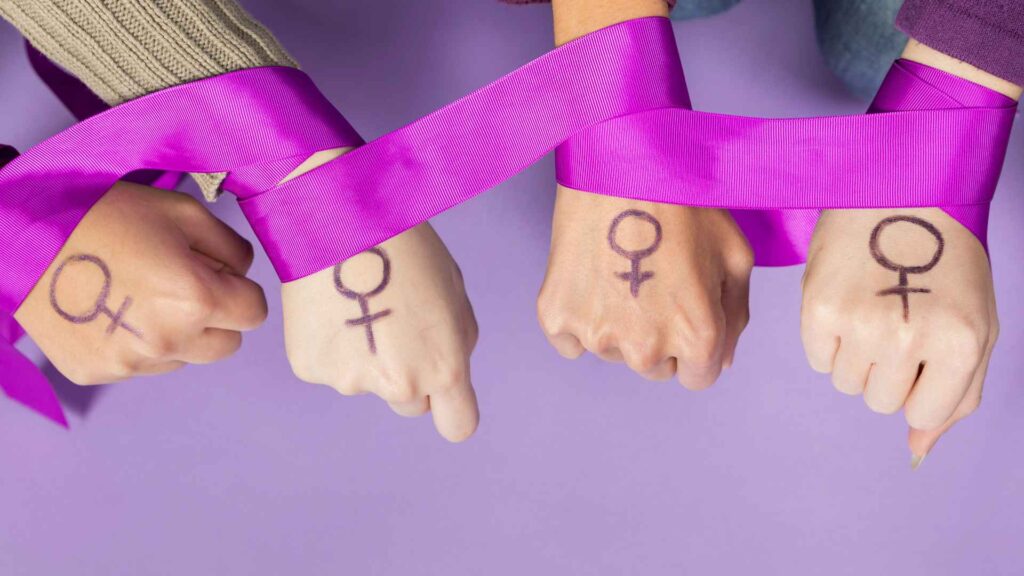Historic ruling by the United States Supreme Court struck down the constitutional right to abortion.
Merrick Garland, the US Attorney General, lamented that the Supreme Court had overturned a protection that had been in place for almost half a century and had ended the doctrine of "stare decisis" - which means to stand by what has already been decided and not to disturb what has already been established - a "key pillar of the rule of law".
Abortion will not automatically become illegal in the US, but with the Supreme Court ruling, each state will be able to decide autonomously whether to permit abortions and under what conditions. A total of 13 states have already passed "trigger" or "triggering" laws, which take effect following the overturning of Roe v. Wade, the 1973 decision that guaranteed the right to abortion in the US.
More than 20 states are taking steps to restrict access to abortion, according to the Guttmacher Institute, a private, non-profit organization that supports abortion rights.
States can maintain the right to abortion within their territories, and those territories that wish to prohibit it cannot prevent women seeking abortions from traveling to other locations to obtain them. In this regard, major American companies such as Disney, JP Morgan, and Meta have pledged to cover the travel expenses of their employees who choose to have abortions.
Companies that offer to cover the cost of traveling to another state for the procedure are likely to face a strong backlash from anti-abortion Republicans.
Abortion is a highly divisive issue in the United States. According to a recent poll, 61% of American adults believe abortion should be legal in all or most cases, while 37% believe it should be illegal in all or most cases.
Furthermore, the name of this ruling (Roe v. Wade) originated in 1969 when a 25-year-old single woman, Norma McCorvey, using the pseudonym "Jane Roe," challenged Texas's abortion laws. At that time, the state prohibited abortion because it was not addressed in the Constitution, except in cases where the mother's life was in danger. Henry Wade, the Dallas County District Attorney, was a leading advocate for the anti-abortion law. For this reason, this legal battle is known as Roe v. Wade.
McCorvey was pregnant with her third child when she claimed she had been raped and took her case to court. However, her claim was rejected, and she was forced to give birth. In 1973, her appeal reached the Supreme Court, where her case was
She listened along with that of a 20-year-old Georgia woman, Sandra Bensing.
At that time, by a 7-2 vote, the Court justices ruled that governments lacked the power to prohibit abortions. The justices decided that a woman's right to terminate her pregnancy was protected by the Constitution.
Finally, in recent days, both pro- and anti-abortion voices have been heard, including that of President Joe Biden, who stated that it was a “sad day for the court and the country.” He expressed that the U.S. Supreme Court made a “tragic mistake” and that “the health and lives of women across the country are now in danger.” Meanwhile, state laws do not prohibit abortion outright, and most include exceptions, although these are limited to cases where the woman’s health or life is at risk, or to cases of rape or incest.
News report based on information from: EFE and BBC.
Do you want to migrate or legalize your status in the United States? Schedule a consultation at the following link. https://www.asisvisa.com/consulta-legal

